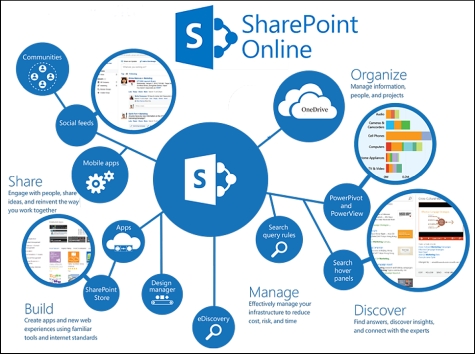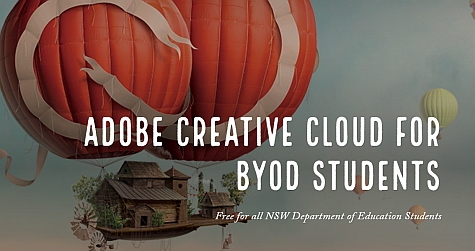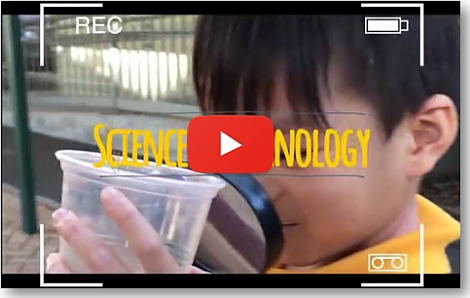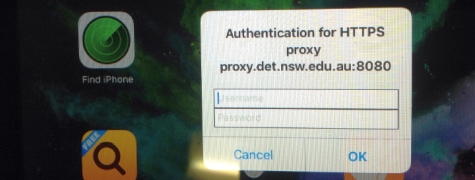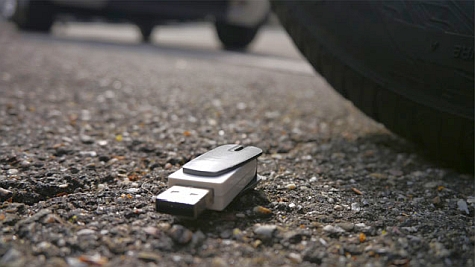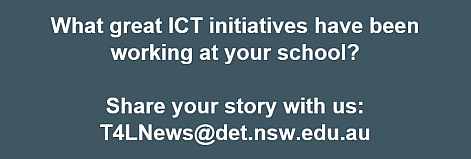SharePoint Online goes live! 
Microsoft’s SharePoint Online collaboration and productivity tool is now available by request, for use by schools and corporate offices. The Office 365 OneDrive cloud service provided to all students and staff is designed for personal/ individual use only. SharePoint Online on the other hand, enables collaboration at an entity or team level. It enables organisations to:
- securely store, share and access information and documents online
- access their content anywhere from any device using a browser or a range of mobile apps
- replace functions previously offered by tools such as eBackback and MyFiles
At this stage, the department intends to only offer SharePoint Online to schools for STAFF use. It should not to be used to store sensitive or classified information, so avoid uploading any documents that relate to an individual’s personal information or corporate sensitive data. More details at the link above.
2017/18 T4L Roll out is coming 
All schools can expect to receive their T4L Roll out notification email via the Principal’s email account later this term. Please take note that at this stage, we are planning for a two-week window for placing orders. The notification email will include:
- the school's allocation of T4L units
- links to the equipment available in this year's roll out
- details on how to place orders
- contact details for your school's local T4L representative
Start planning now! Consider your school’s device requirements, and the ways you might enhance your students' access to the school's technology resources.
Lynda.com: Teaching online 
Have you started learning with Lynda.com yet? Since we announced the launch of this fantastic resource for all DoE staff in our previous newsletter, there has been a significant take-up and course completions continue to grow. But some teachers are finding it difficult to know where to start. To help, we'll aim to highlight one Lynda course in each of our future issues to keep interest up with this excellent learning platform. Just sign into your DoE portal then click on Lynda.com in the My Training tab before clicking the links below.

Here's one way you can plan to use technology in your learning and teaching. Watch the quick video - Incorporating technology: SAMR Model. This video discusses a popular model for thinking about the use of educational technology, developed by Dr Ruben Puentedura. The video is part of an overall Lynda.com course called Learning to Teach Online, developed by Oliver Schinkten. The course “draws connections between high-quality instruction and online education”. It highlights the benefits of the many tools we all have freely available to us as NSW public schools educators, such as Office 365 and G Suite for Education. Have you completed a useful Lynda.com course? Why not share your experience with our online learning group?
FUTURE.tech: Makey-Makey 
A Makey-Makey is a USB keyboard attachment, where the keys are replaced by a mini circuit board. The name literally means Make + Key = Makey-Makey. The circuit needs to be closed to mimic a key press. Generic objects such as playdough, fruit and even water can be connected to the Makey-Makey to complete the circuit, the only criteria is they need to be conductive (an awesome learning experience or teaching point in Science). In addition to usual keyboard functions, a Makey-Makey can be combined with other programming or game-based learning tools such as Scratch or Kodu to add a physical and interactive element. The T4L team have produced a new FUTURE.tech fact sheet on Makey-Makey. Also, be sure you check out all of the published issues of tech and stories at the T4Lengage site.
How students can get Adobe CC 
All students in NSW public schools are entitled to a free annual subscription to the Adobe Creative Cloud suite - as advised in this newsletter previously. This is a great inclusion in the department's enterprise agreement with Adobe. But getting Creative Cloud for a personal Windows or Mac device is the responsibility of each individual student. Before leaving Sydney Secondary College, Leichhardt Campus, Pip Cleaves produced and shared a great Adobe Spark webpage that provides instructions that students can follow to redeem their free subscription and get the software onto their device. Please be aware though that if a large number of students follow this guide while at school, they will be downloading a multi-gigabyte suite and will likely put a strain on the school's internet link. Schools should manage how they share this advice with their students to avoid network congestion.
Free Apple Learning Academy PL 
Apple invites NSW Public School teachers to the Apple Learning Academy to be held in Ryde in early October. For schools that have invested in Apple technologies, this immersive, two-day experience is designed to help you transform the learning experience for your students. You'll be collaborating with peers in the Apple Teacher community. Throughout the two days, you’ll explore coding, inclusive education, creative arts and Challenge-Based Learning. You’ll also receive hands-on coaching from specialists on using Apple’s core apps like Keynote and iMovie as well as mentoring from an Apple Distinguished Educator. A pre-requisite to attendance is that all participants must complete the Apple Teacher program for either iPad or Mac. It is free to join and complete the program. Register early to avoid missing out on the Apple Learning Academy event.
ICT Thought of the day 

